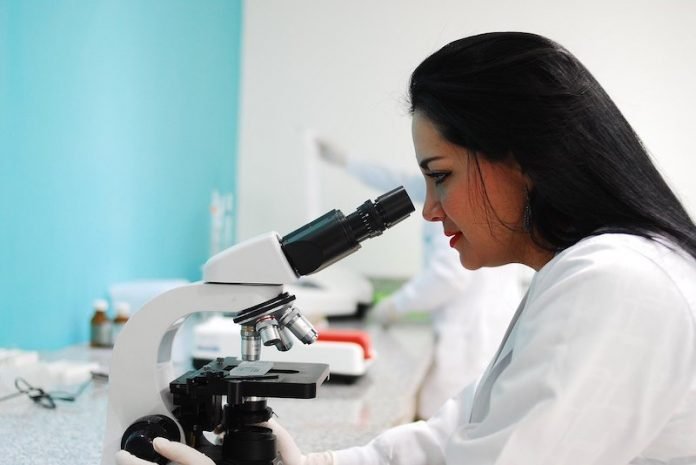
A recent study Australia and the US discovered and identified the genetic cause of a previously unknown human autoinflammatory disease.
They found that the autoinflammatory disease, which they termed CRIA (cleavage-resistant RIPK1-induced autoinflammatory) syndrome, is caused by a mutation in a critical cell death component called RIPK1.
The study is published in Nature. One author is Dr. Najoua Lalaoui and Professor John Silke from the Walter and Eliza Hall Institute of Medical Research.
Autoinflammatory diseases are caused by abnormal activation of the innate immune system, leading to recurrent episodes of fever and inflammation that can damage vital organs.
Cell death pathways have developed a series of inbuilt mechanisms that regulate inflammatory signals and cell death because the alternative is so potentially hazardous.
However, in this disease, the mutation in RIPK1 is overcoming all the normal checks and balances that exist, resulting in uncontrolled cell death and inflammation.
In the paper, the researchers describe patients from three families with a history of episodic high fevers and painful swollen lymph nodes.
The patients, who were diagnosed with a new autoinflammatory disease (CRIA syndrome), had a host of other inflammatory symptoms that began in childhood and continued into their adult years.
The first clue that the disease was linked to cell death was when they delved into the patients’ exomes—the part of the genome that encodes all of the proteins in the body.
The team then discovered unique mutations in the exact same amino acid of RIPK1 in each of the three families.
Each of the three mutations has the same result—it blocks cleavage of RIPK1—which shows how important RIPK1 cleavage is in maintaining the normal function of the cell.
The researchers confirmed the link between the RIPK1 mutations and CRIA syndrome in laboratory experiments.
They showed that mice with mutations in the same location in RIPK1 as in the CRIA syndrome patients had a similar exacerbation of inflammation.
The team had treated CRIA syndrome patients with a number of anti-inflammatory medications, including high doses of corticosteroids and biologics.
Although some of the patients markedly improved on an interleukin-6 inhibitor, others responded less well or had strong side effects.
The team says that RIPK1 inhibitors—which are already available on a research basis—may provide a focused, ‘precision medicine’ approach to treating patients.
Copyright © 2020 Knowridge Science Report. All rights reserved.



